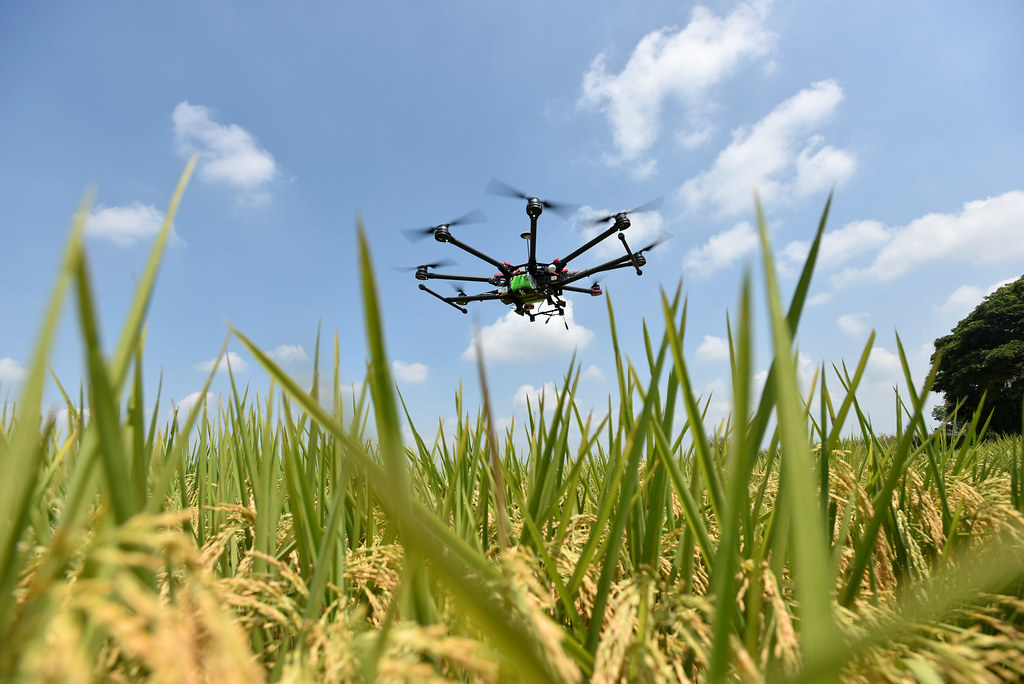-
RAAF
Contributing to the implementation of the Regional Agricultural Policy
RAAF Approach is essentially based on getting things done.
-
Thematics

Thematic areas
The implementation of the Regional Agricultural Policy (ECOWAP) is built around nine thematic areas.
-
Projects
- Renforcement des capacités pour la mise en œuvre de l’ECOWAP en Afrique de l’ouest
- At the end of PRAPS-1, which achieved significant progress in relation to most of the issues relating to animal health, sustainable management of rangelands and pastoral resources, livestock trade, and prevention and management of pastoral crises, the Wor
- Fruit flies are a major problem for the horticultural sector in West African countries. They destroy 50 to 80% of fruit production.
- The Global Climate Change Alliance Plus (GCCA+) is the second phase of an initiative of the same name launched by the European Commission in 2008
- West Africa is one of the most vulnerable regions in the world.
- Renforcement des capacités pour la mise en œuvre de l’ECOWAP en Afrique de l’ouest
- West Africa is facing three major challenges: (i) structural food and nutritional insecurity, (ii) the effects of climate change (droughts, aridity, floods, etc.), (iii) salinization and physico-chemical degradation of agricultural land.
-
News
Follow our news and events
-
Resources
Contents
More information on our work.
-
Multimedias
Interaction
Audio-visual based communication
-
Opportunities
Get Involved
- Portals
The objective of sustainable fruit fly control is achievable in West Africa as fruit flies can be monitored, warning given to producers, and efficient and affordable control technologies produced in the region.
Since 2008, the horticultural sector in West Africa has been confronted with the major problem of fruit flies, which destroy 50 to 80% of fruit production. These crop pests have a negative impact on the entire sector. The challenge is to develop more relevant, affordable and accessible technologies.
To provide an appropriate response to the scourge, the ECOWAS Commission, through its Department for Economic Affairs and Agriculture, initiated a regional plan aimed at sustainably controlling this invasive pest in West Africa. With the financial support of the European Union and the French Development Agency (AFD), a Project to support the regional control plan was implemented (2014-2019) with a surveillance, monitoring and warning system that covered 11 of the 15 ECOWAS countries. A second phase to support the pest management plan, entitled "Innovative Regional Fruit Fly Management System in West Africa - SyRimao", was launched in 2020 for a period of four years. It is funded by the same partners to consolidate and amplify the achievements of the first phase in the 15 Member States.
The various actions undertaken by the ECOWAS Commission and its partners have made it possible to highlight (i) the regionalisation of the research programmes of the National Centre for Seeds and Fruits and Vegetables of Bobo-Dioulasso/Burkina Faso (CNS-FL) and its progress towards a regional centre of excellence, (ii) the existence, at the level of the CNS-FL, of tools to support the sovereignty of the sub-region in monitoring its territory in terms of diversity for rapid action in case of pest invasion and (iii) the development of two control technologies based on plant extracts and by-products of local plant processing.
The two technologies have shown their biological effectiveness against fruit flies in the field. The first formula, developed in Senegal, is an essential oil from a shrub. It is a male attractant for fruit flies, particularly the genus Bactrocera and some ceratitis. It can be used as a replacement for the synthetic methyl-eugenol previously used, as an attractant in the monitoring system essential for all mango exports. It is also effective in a "mass trapping" control method with a pesticide-free trap. The second formula, developed in Burkina Faso, is derived from brewers' grains. It has been tested as an effective food attractant against all species of fruit flies, especially females.
The response will continue through the CNS-FL, which is planned to become a centre of excellence. This centre will continue to regionalise its activities as well as its role, i.e., coordinating research at the regional level. The response will also be on a large scale through the homologation of the technologies developed, the production of educational tools and the training of producers. It will be completed by the perpetuation of the monitoring system, the facilitation of the use of technologies and the creation of technology production units (startups).
Read more...
- Livestock farming and pastoralismPublication date:
- Climate change
- Climate change